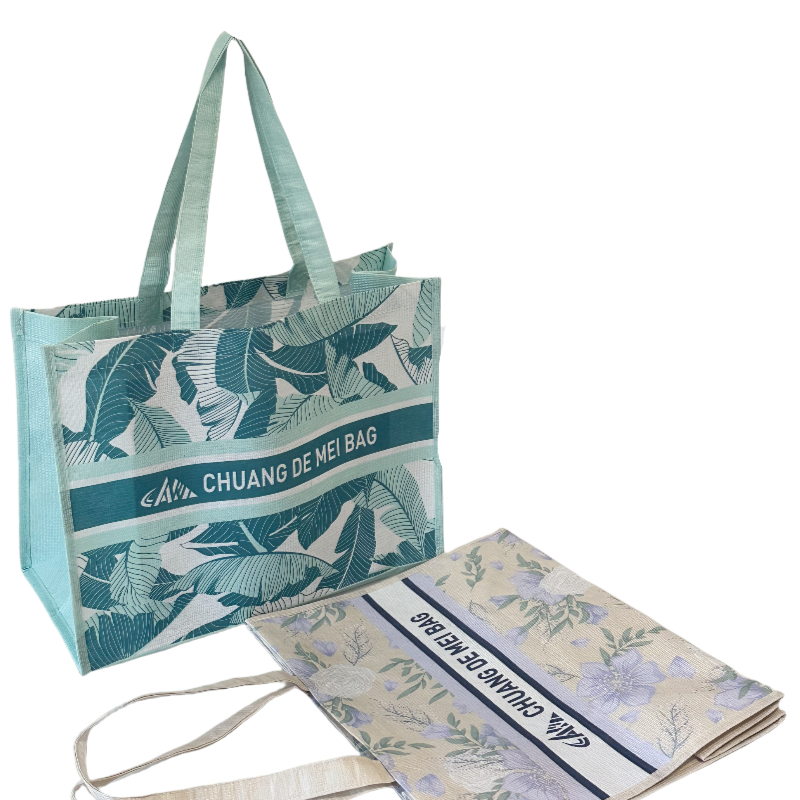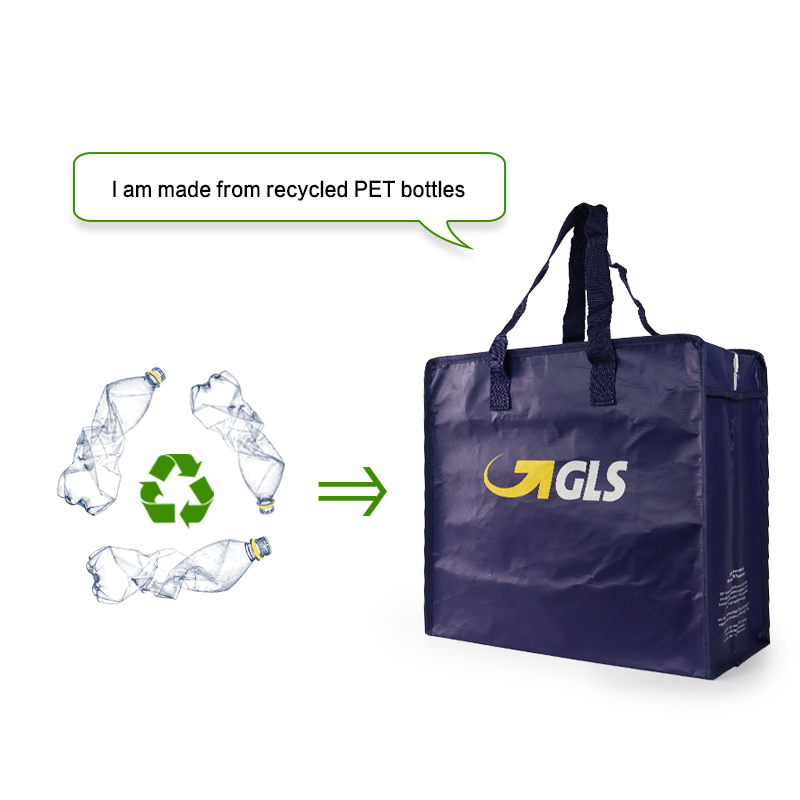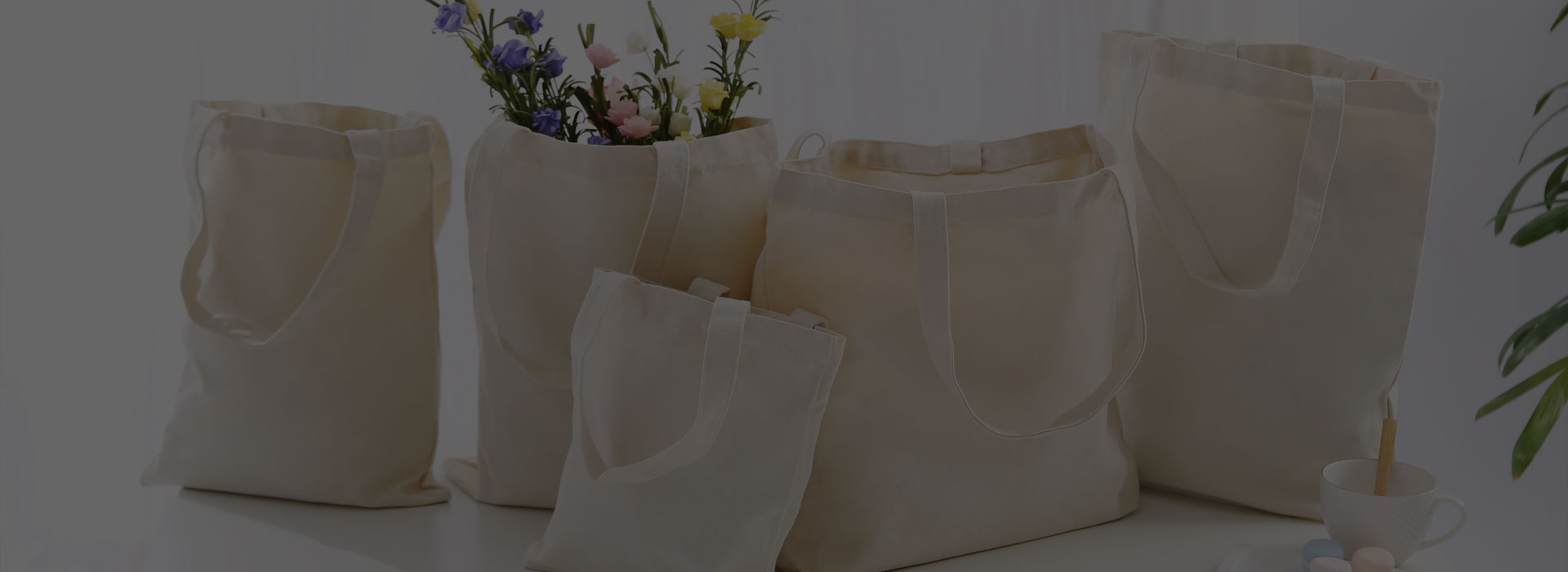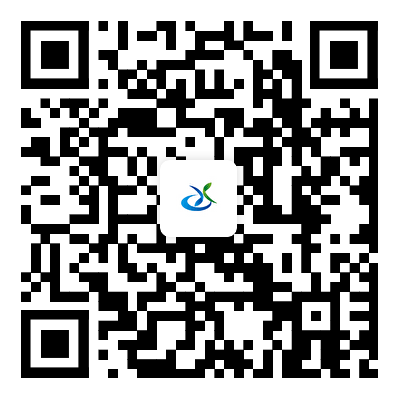RPET bags: Environmental pioneers lead the green transformation of the industry

Driven by the global wave of environmental protection, recycled polyethylene terephthalate (RPET) bags are sweeping the packaging and textile industry with rapid momentum, becoming a bright star in the process of sustainable development. At present, plastic pollution has become one of the serious challenges facing the earth's ecosystem, according to statistics, about 8 million tons of plastic waste into the ocean every year, causing incalculable damage to Marine life and ecological balance. The emergence of RPET bags, like a ray of light, has brought practical solutions to alleviate this crisis.
The core advantage of RPET materials is the efficient recycling of waste PET plastic bottles and products. Through advanced and iterative recycling technologies, this waste, which would otherwise be considered an environmental burden, is converted into high-quality raw materials and re-entered into the production cycle. This process not only significantly reduces the reliance on primary petrochemical raw materials, reduces the consumption of limited resources from the source of plastic production, but also significantly reduces the stock of plastic waste in the natural environment. Studies have shown that the use of RPET materials to make bags, compared with the use of raw materials, in the whole life cycle can reduce carbon dioxide emissions of up to 21%, effectively promote the realization of global carbon reduction targets, and contribute to the fight against climate change.

From the perspective of product performance, RPET bags meet the needs of environmental protection at the same time, without sacrificing practicality. After careful research and development of the production process, the bags made of RPET are comparable to the original polyester material products in the key indicators of tensile strength, wear resistance and corrosion resistance, and are fully capable of meeting the stringent requirements of daily use and various product packaging. Taking Shunxingyuan Packaging as an example, the RPET bag produced by it not only has excellent transparency, can clearly display the items in the bag, and is easy for consumers to choose, but also has excellent firmness, providing a solid guarantee for the safety of the product in the transportation and storage process. The company's wide range of RPET product lines, including plastic bags for all types of commodity packaging, shrink films with unique shrinkage properties, boxes of different shapes and sheets that can be further processed, have been widely used in many industries such as clothing, textiles, food, electronics, toys, automotive interiors, and more. It fully proves the applicability and reliability of RPET bags in different fields.
In order to further expand the environmental impact of RPET bags, the pace of innovation in the industry has never stopped. Spearhead Group's "Bottle 2 Bag" project is exemplary. Through an innovative production process, the project converts recycled PET plastic bottles directly into high-end textile bags, providing a sustainable and textural packaging option for markets such as spirits, cosmetics and perfumes that demand high packaging quality. The Coca-Cola Company, for example, is actively promoting the use of 100% RPET plastic bottles. Coca-Cola has completed the conversion of 100% RPET material to 20-ounce bottle packaging products for several brands in the US market, including Coca-Cola, Diet Coke and other products. RPET packaging has been introduced in more than 40 markets around the world, including Malaysia, Singapore, Canada and the United Kingdom.
With environmental awareness growing globally, many beverage and FMCG companies are responding to the call for sustainable development. So far, a large number of companies have publicly committed to at least 50% recyclable content in their plastic packaging by 2030. This commitment will undoubtedly further stimulate the market's strong demand for food-grade certified RPET materials and inject strong impetus into the development of the RPET bag industry. In terms of regional development, the Asia-Pacific region, with the increasingly active PET recycling activities in Southeast Asian countries, as well as significant advantages such as cheap labor and affordable raw materials, has successfully occupied the largest share of the global recycled PET market and become the core region to promote the vigorous development of the RPET bag industry.
Looking forward to the future, with the continuous progress of environmental protection technology and the continuous improvement of public environmental awareness, RPET bags will certainly play a more critical leading role in the field of packaging and textiles. It will not only reshape the industry pattern, promote the accelerated transformation of traditional industries to the green and sustainable direction, but also contribute a non-negligible force to protect the earth's home and create a beautiful ecological environment, and become an important pillar of building a green future.
Driven by policy support, technological innovation and market demand, the RPET bag industry is moving towards a broader world and outlining a hopeful blueprint for global sustainable development.




